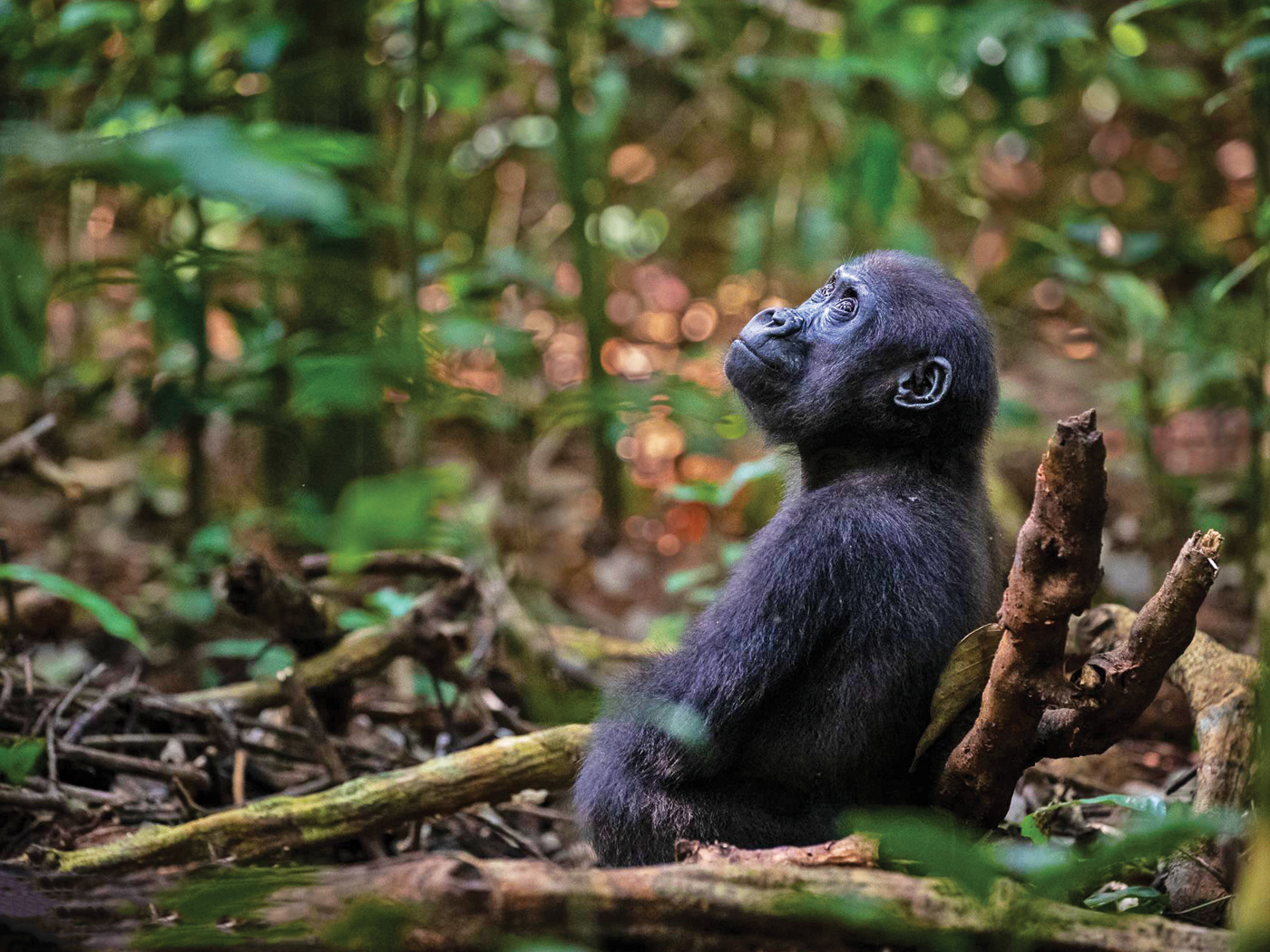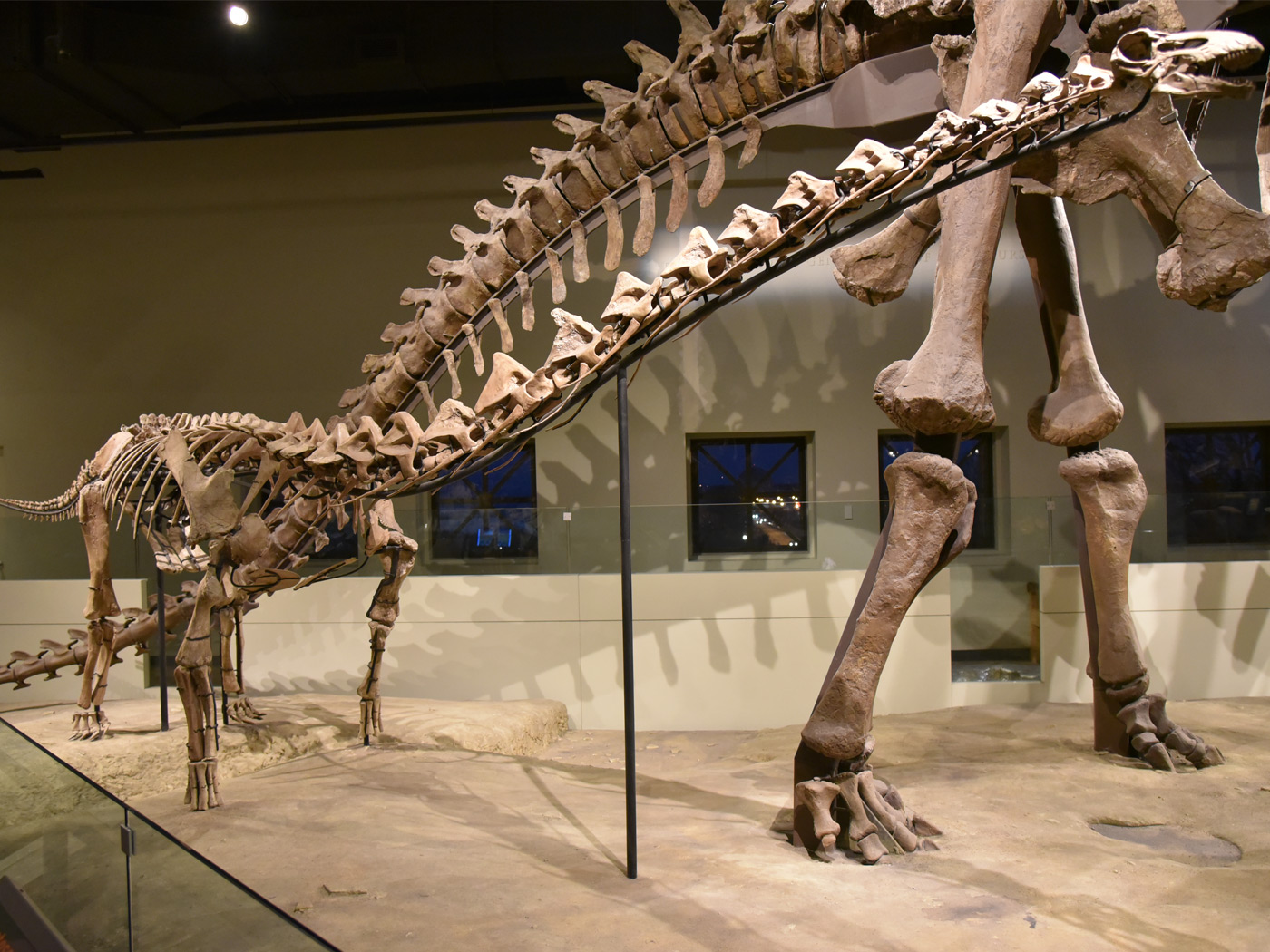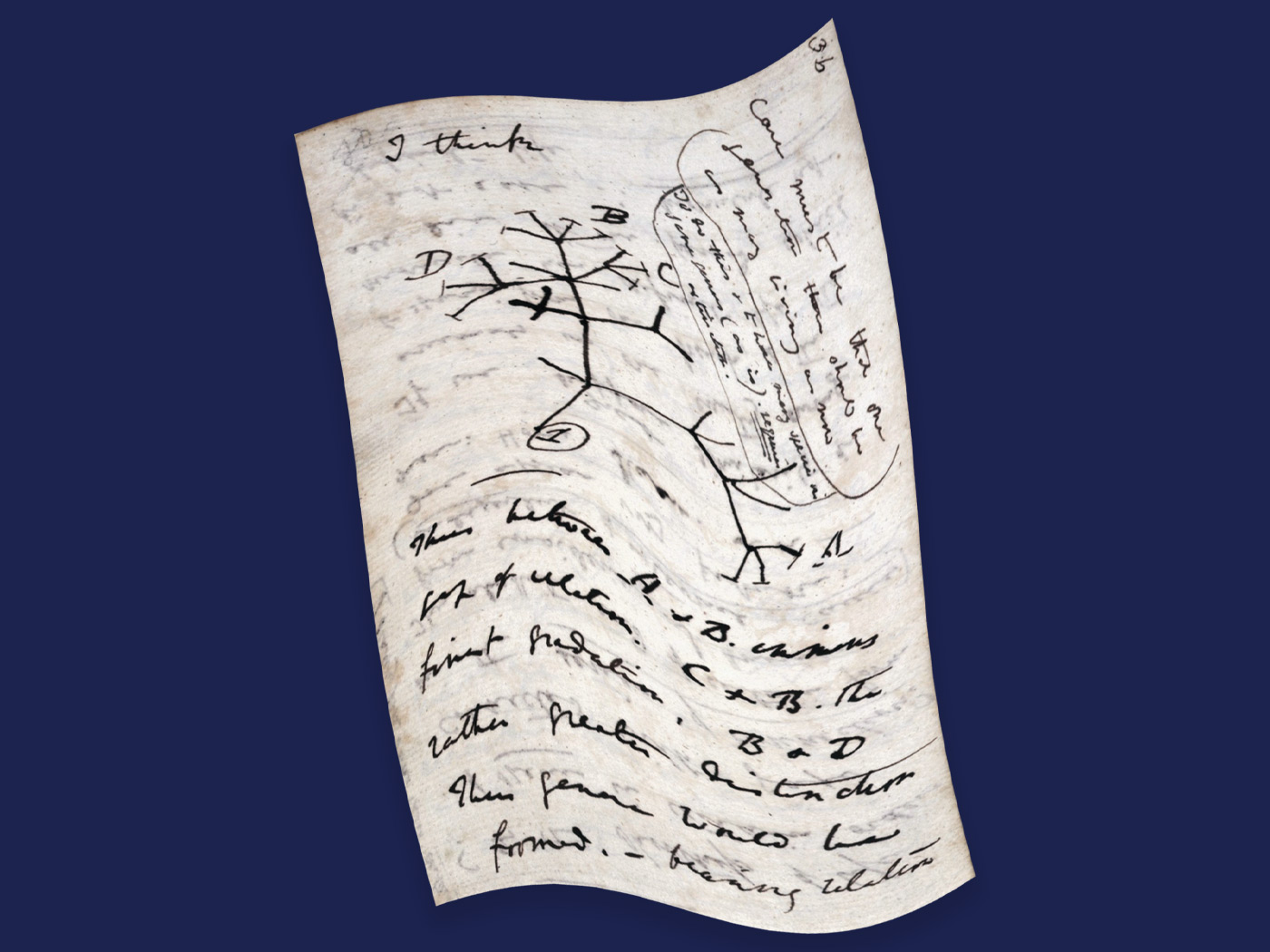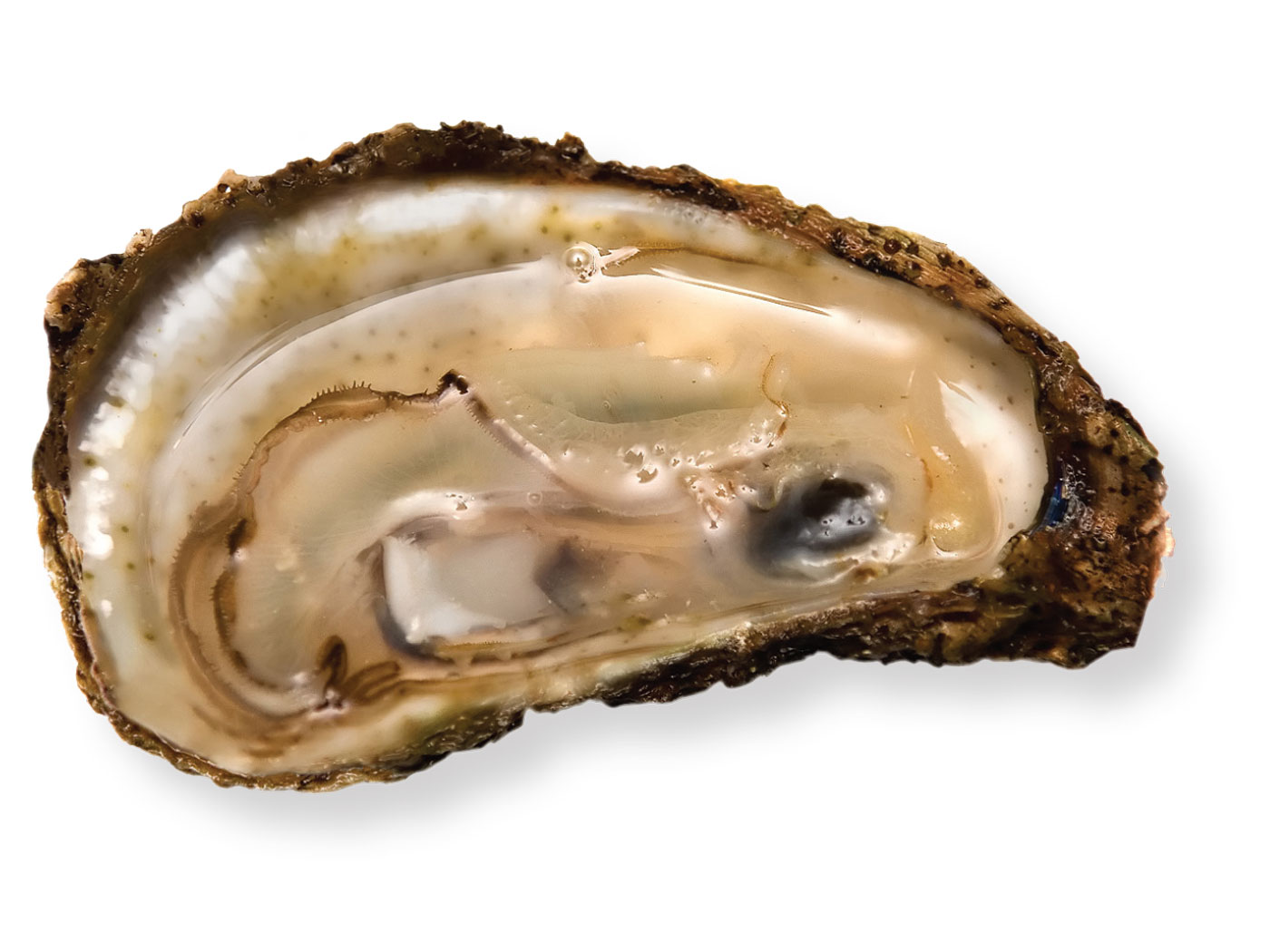Several countries have recently set aside February 12, Charles Darwin's birthday, as a special day to remember him. Evolutionists in America are calling for its adoption here too, and have tried to use the day to promote his work.
Certainly Charles Darwin was a major figure in world history. Few people have "changed the world" as he did. While he wasn't the first to propose evolution, or even natural selection as evolution's cause, when he published his book, Origin of Species, it captured the fancy of western scholarship like no other work. After a time it fully caught on, and now his ideas dominate thought. It extends not only into biology, but into geology, archaeology, sociology, astronomy, theology, economics, etc. Almost everything is thought to undergo gradual change over time, by means of random, natural processes. Truly it has become an entire worldview, affecting virtually every discipline. Maybe he deserves a day of remembrance.
As we consider this proposal, let's remind ourselves of the nature of biological systems and the main mechanisms of Darwinian change of one type into another; mutation and natural selection.
All forms of life which exist today are unimaginably complex. Even the simplest form of life is not at all simple. Even the simplest living thing is more complex than a super-computer. Furthermore, each form of life has its own unique genetic code, the DNA. The genes residing here dictate how the organism develops, functions, and reproduces. In order for one type of life to evolve into another, new genes must be obtained, presumably through random mutation of existing genes. Evolution claims that the most fit of these new genes can then be selected by natural selection. The accumulation of such better genes leads to new traits, features, and eventually organisms.
The letters in the DNA code have been deciphered recently but it hasn't really been decoded or read. Its complexity far exceeds human intelligence.
Note that all of this is thought to operate by random, natural processes. No intelligent input is required. Darwin had trained to be a pastor, but as his concept took shape, he renounced his belief in a personal, intelligent Creator God in favor of random forces of nature to design complex life. As his life progressed he essentially became what we now call an atheist, insisting that no Designer was responsible for the design we see.
But is it reasonable to claim that complexity which far surpasses human comprehension can be achieved by random mutation? Is this school of thought worthy of a special day of recognition?
The Bible has something to say about atheistic thinking. "The fool has said in his heart, There is no God" (Psalms 14:1). A fool in Scripture is not an idiot, but an atheist. It is foolish to ascribe complexity to random forces. Those who embrace evolution may be brilliant, but how foolish to believe that complexity can arise by random, thoughtless processes. "Professing themselves to be wise, they became fools" (Romans 1:22).
This being realized, foolishness certainly doesn't need a special day. Actually, many have noted that there already is such a day. It's in April each year.


















